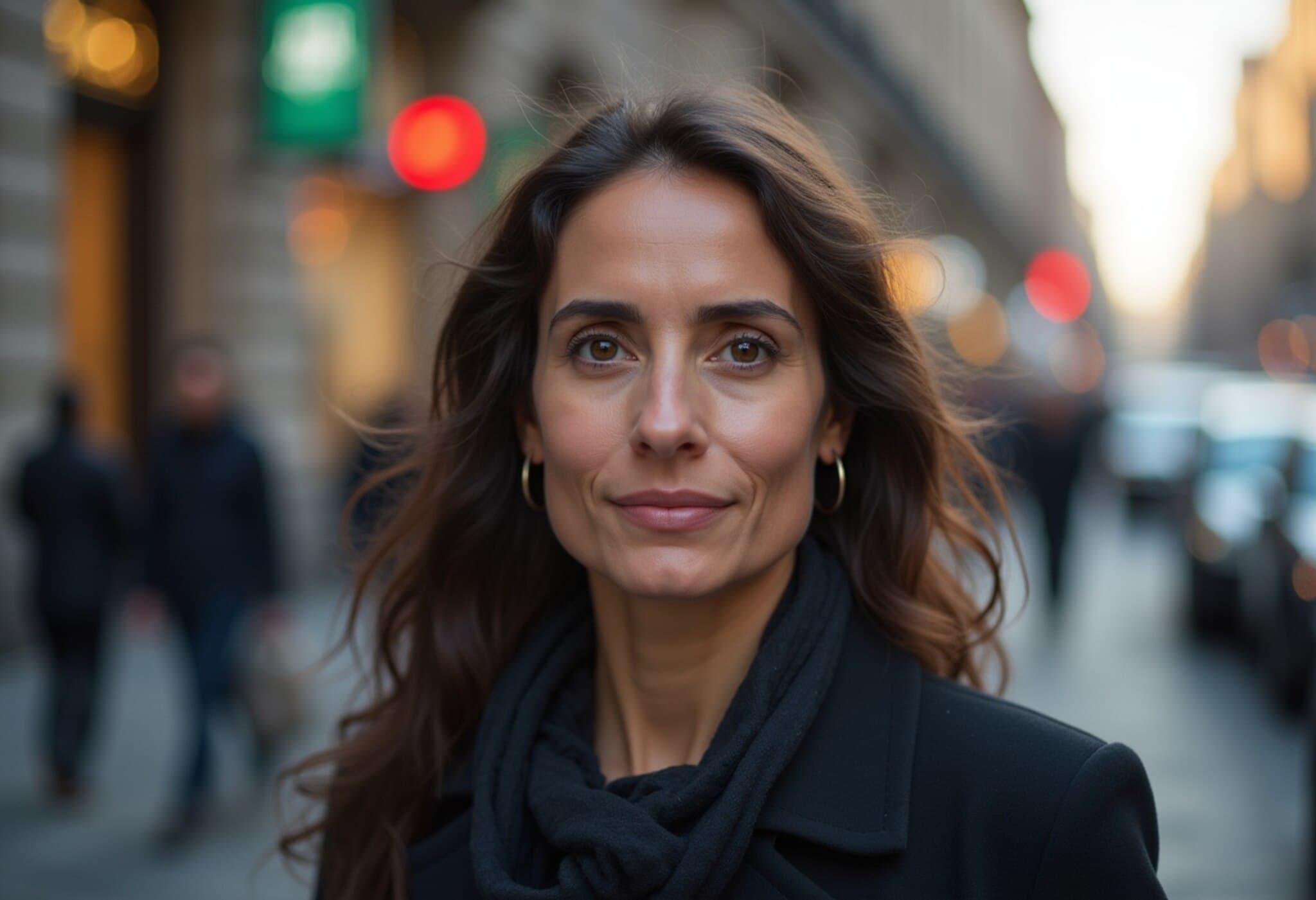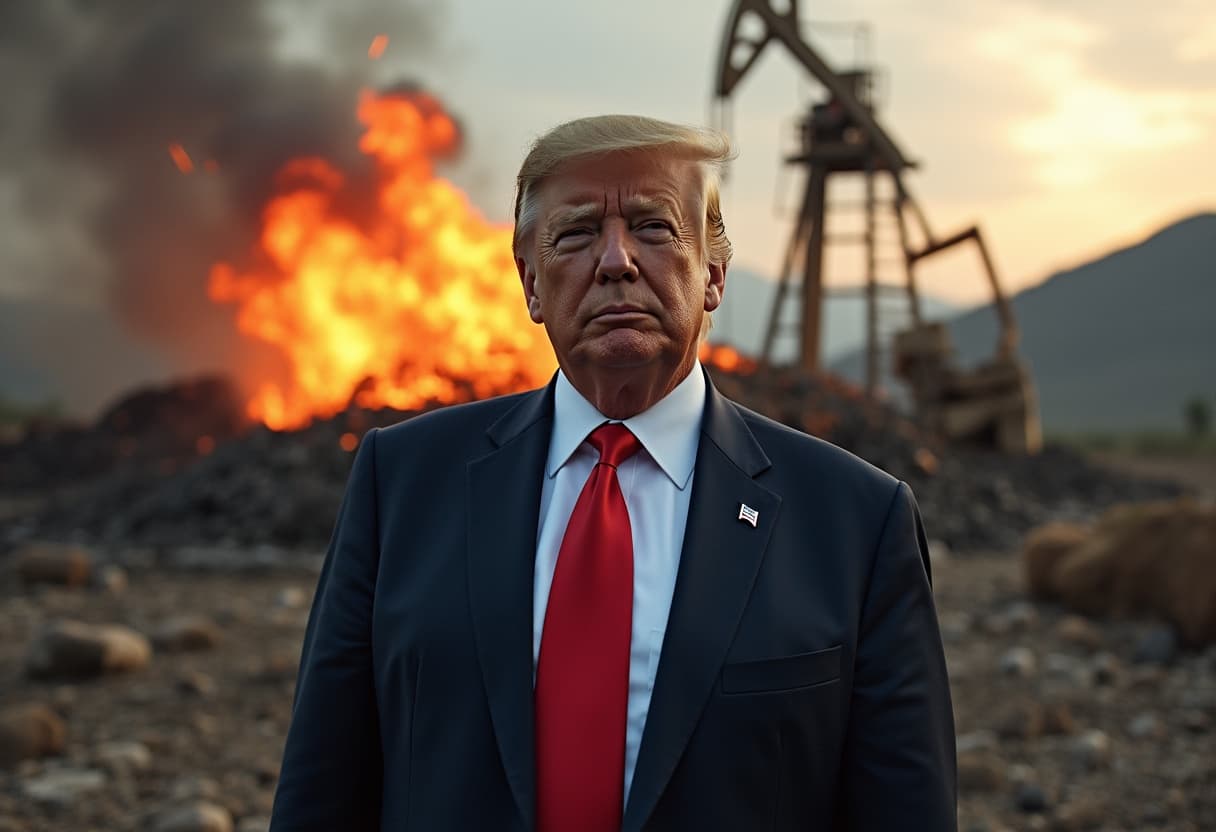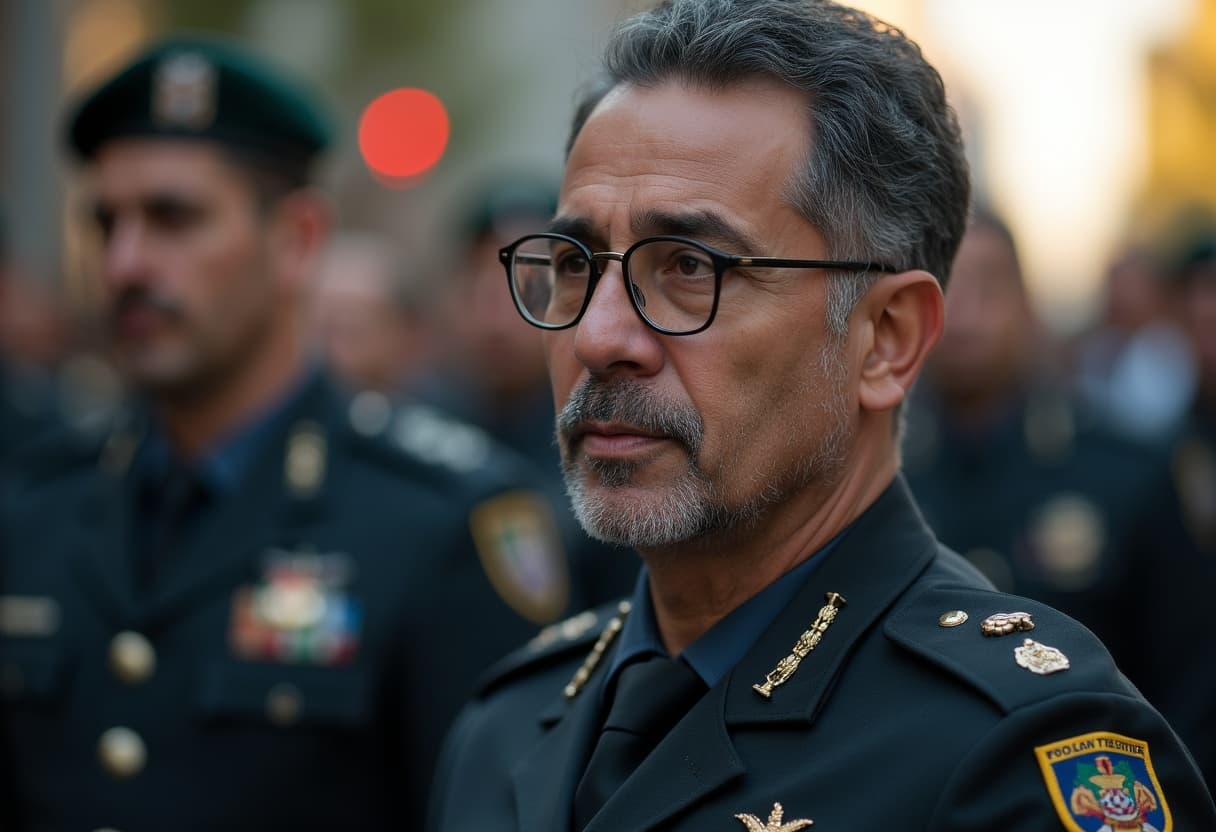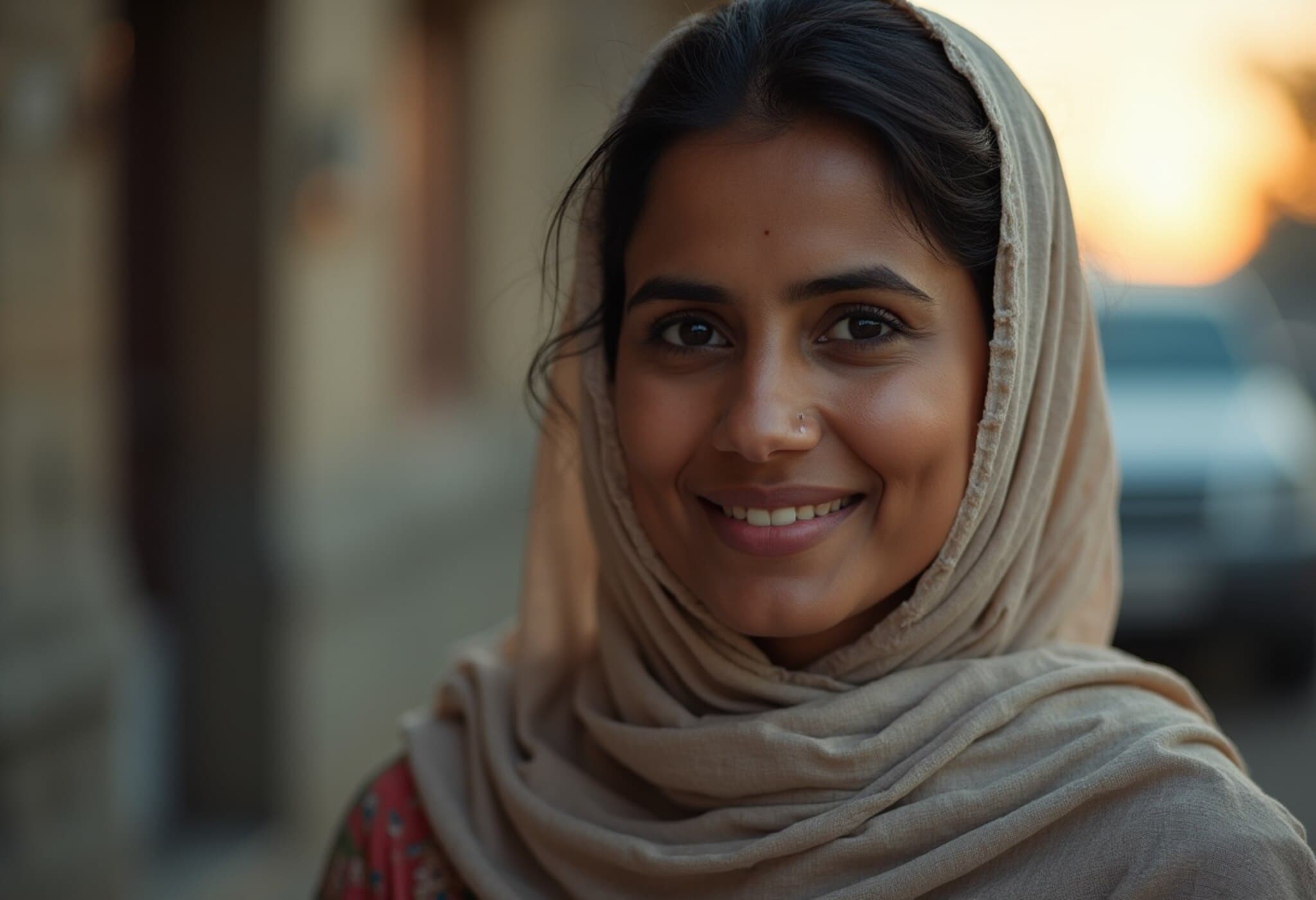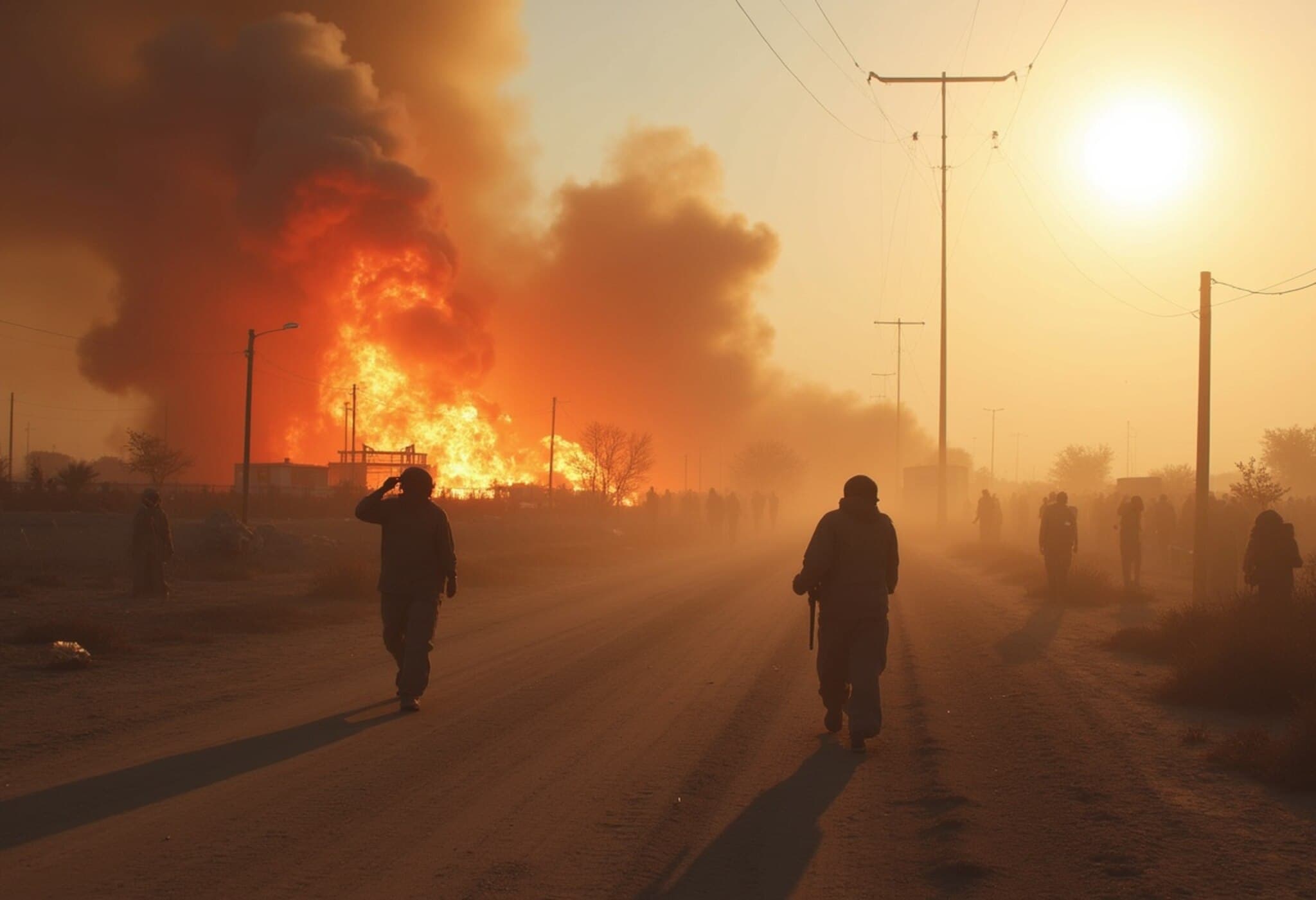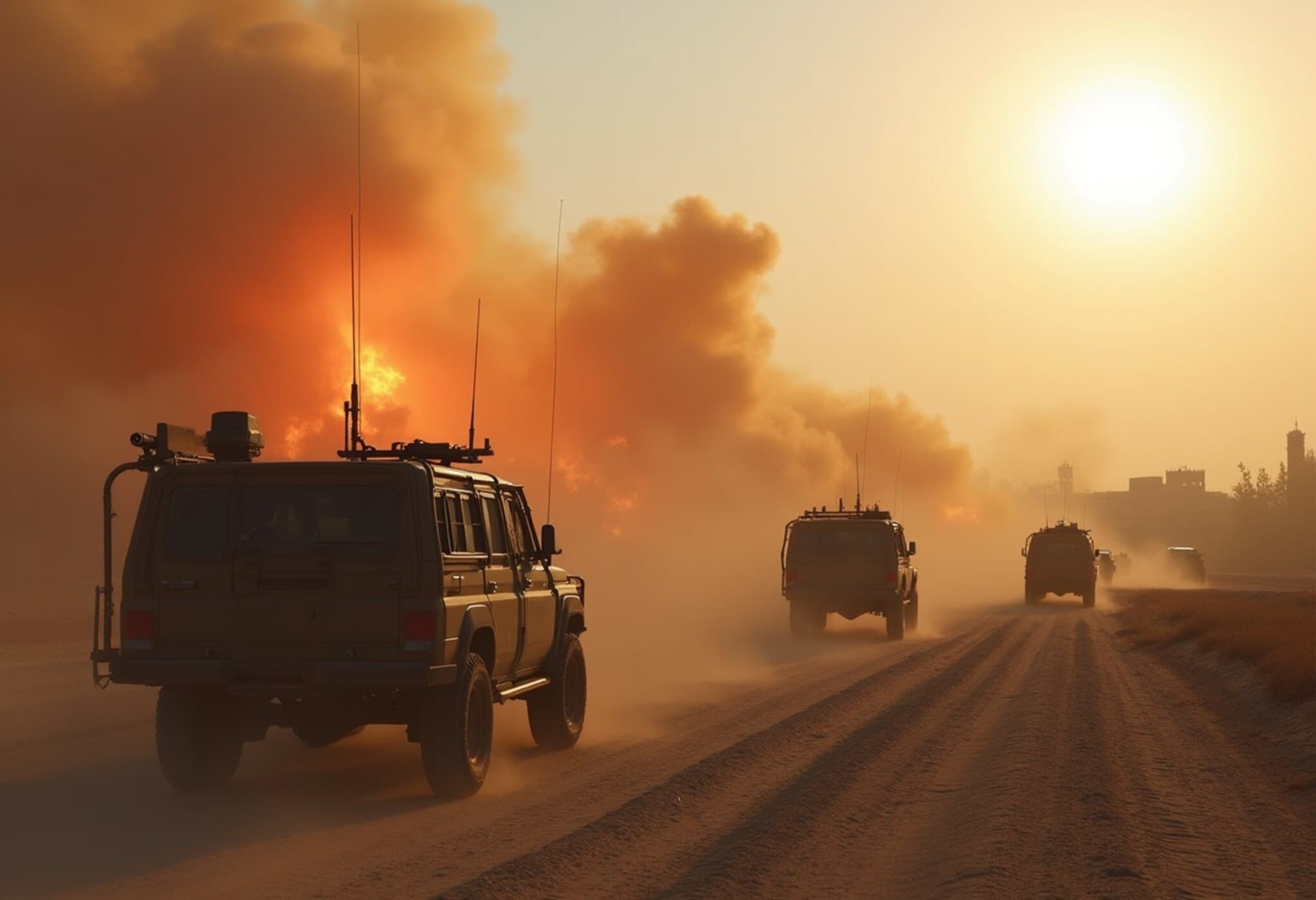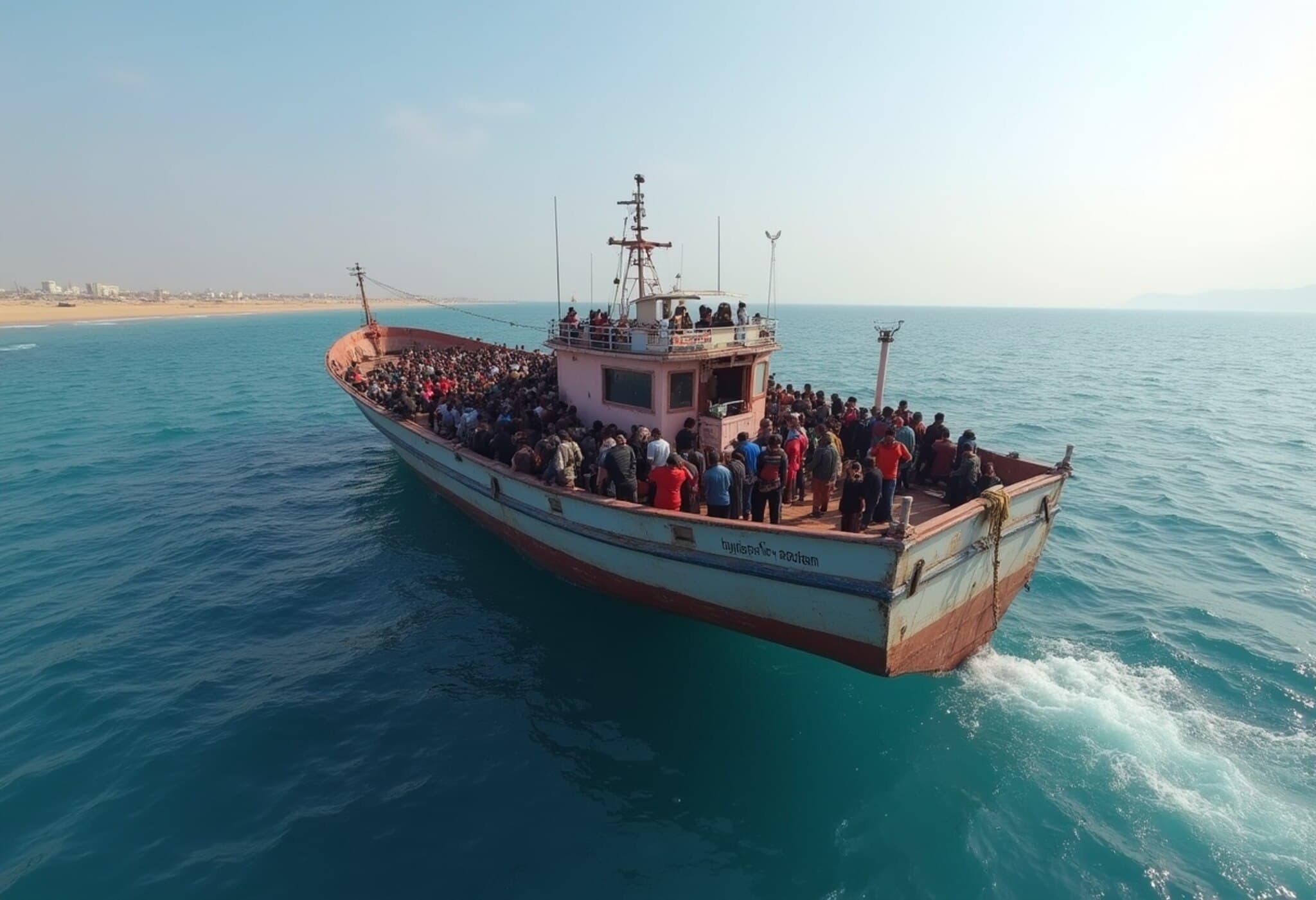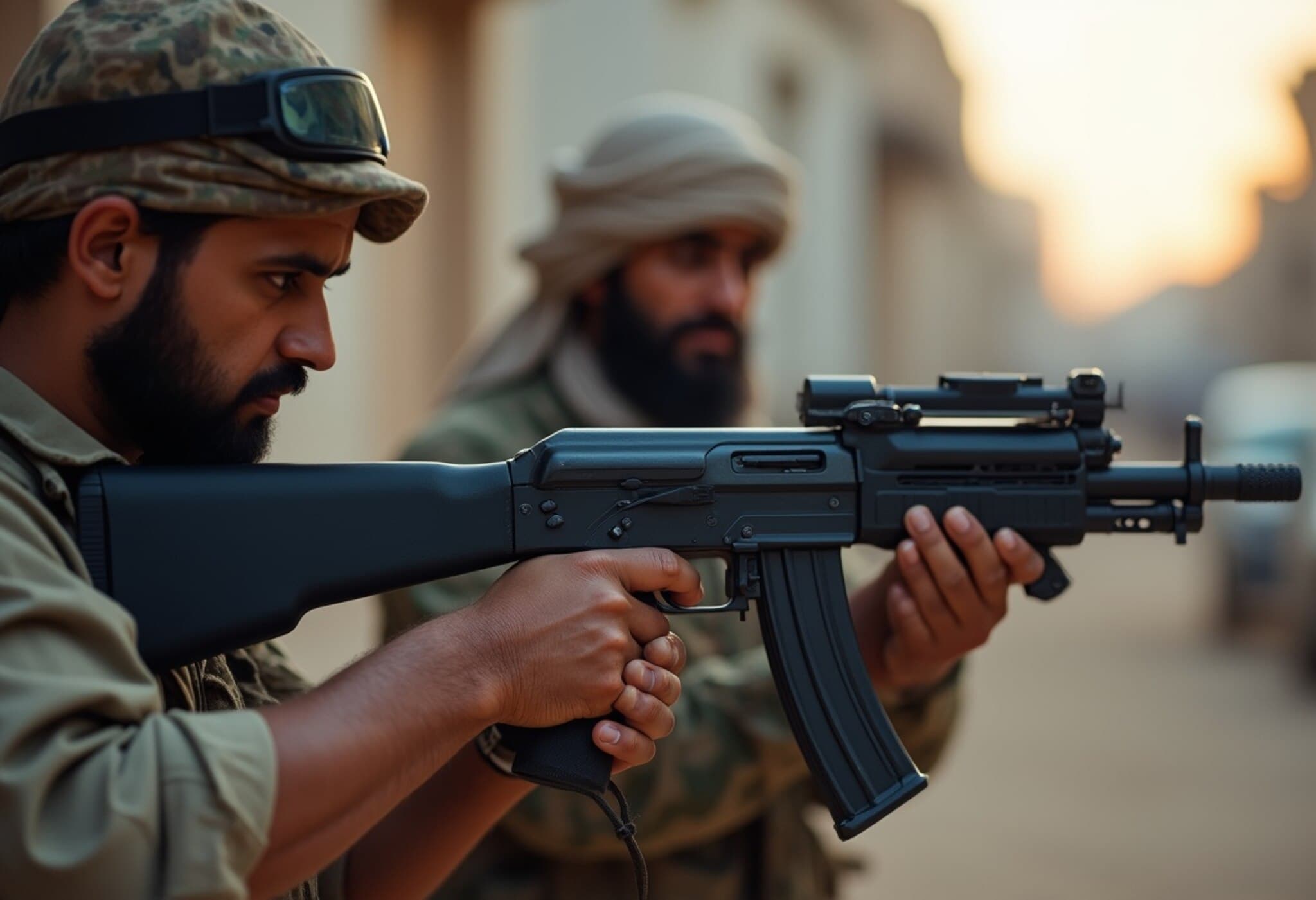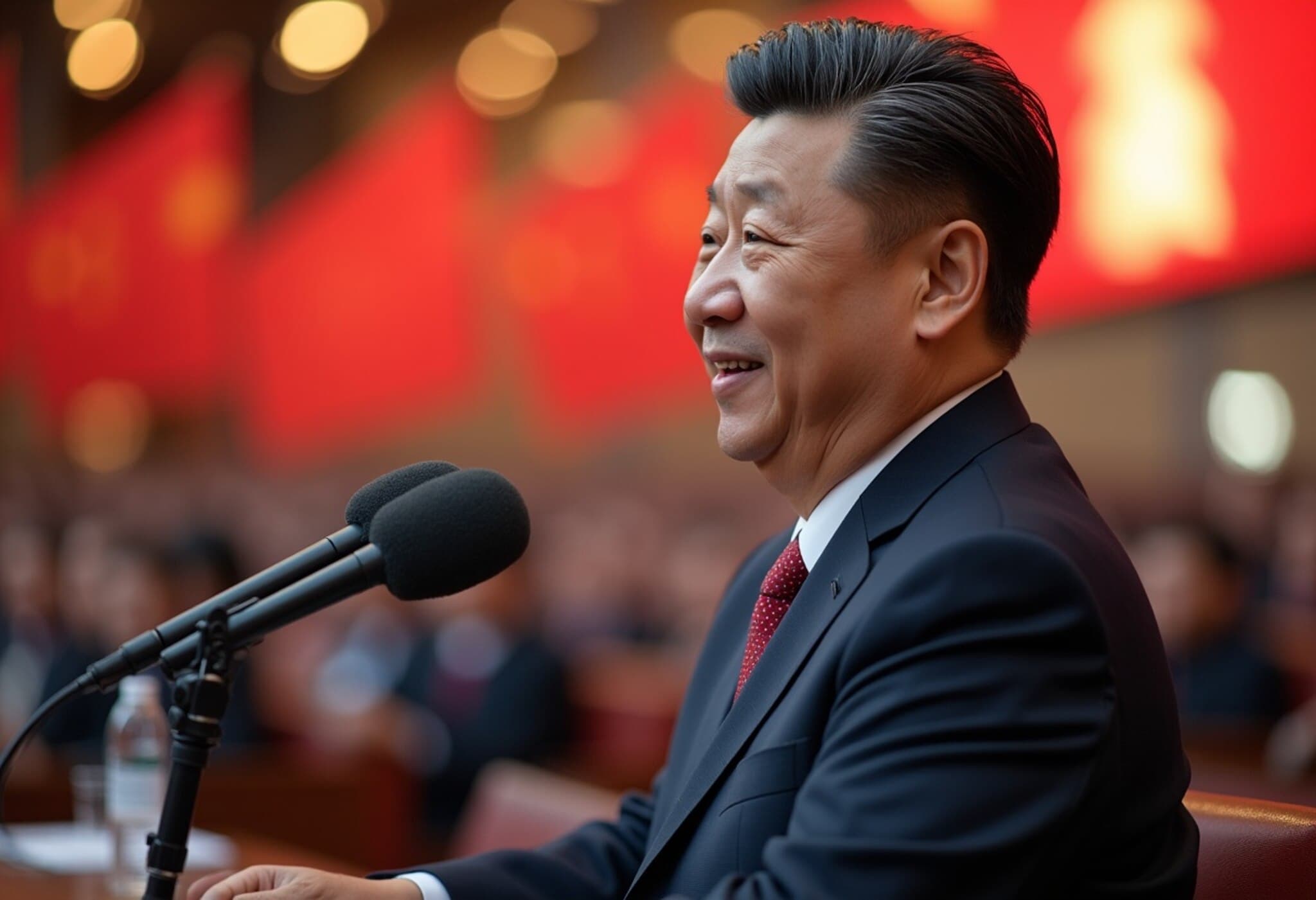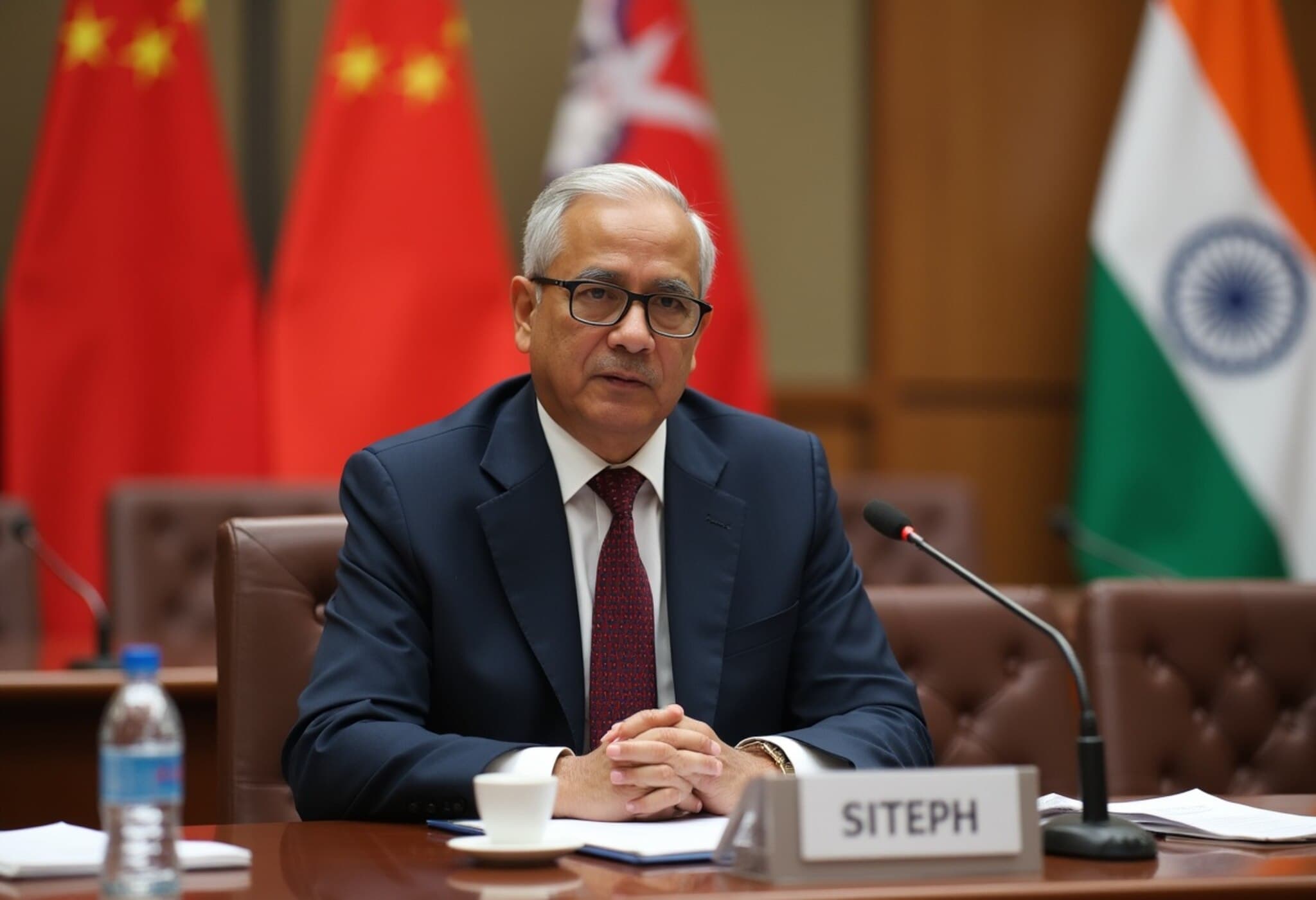Yemen Halts Execution of Indian Nurse Nimisha Priya Amid International Intervention
In a remarkable turn of events, Yemen’s government has postponed the scheduled execution of Nimisha Priya, a 37-year-old nurse from Kerala, India, convicted of murder in the Yemeni capital, Sanaa. The stay, announced on July 15, 2025, has ignited renewed hope for Nimisha and her family, who have been awaiting justice since her arrest in 2017.
The Role of India’s Grand Mufti Kanthapuram AP Abubacker Musliyar
Central to this development is the intervention of Kanthapuram AP Abubacker Musliyar, a respected Sunni Muslim scholar and General Secretary of the All India Sunni Jamiiyyatul Ulama. As Chancellor of Jamia Markaz, Musliyar leveraged his influence and religious authority to engage Yemeni scholars and government officials, urging them to reconsider the execution.
Speaking exclusively to Network18, Musliyar revealed, "I reached out to the responsible scholars in Yemen from afar, emphasizing that Islam places great importance on humanity beyond religion or caste. In cases of murder, Islamic law permits the victim’s family to grant pardon. While I am unsure who the victim’s relatives are, I emphasized the ethical dimensions and sought intervention."
His diplomatic dialogue led to consultations among Yemeni religious leaders, who ultimately agreed to delay the execution and opened new avenues for dialogue and possible clemency.
Context and Controversy Surrounding Nimisha Priya’s Case
Nimisha Priya’s case has drawn considerable media and diplomatic attention. Arrested in 2017 for the death of Talal Abdo Mahdi, her Yemeni business partner, Nimisha’s defense maintains that she administered sedatives to Mahdi amidst alleged abuse to regain possession of her passport and escape an unsafe environment. Mahdi’s death, officially ruled as an overdose, led to Nimisha’s conviction and death sentence.
This incident underscores complex cross-border legal challenges and the vulnerabilities faced by expatriates, particularly women, working in hostile environments. Human rights advocates stress the need for ensuring fair trials and humane treatment irrespective of nationality or religion.
Diplomatic and Political Repercussions
Musliyar has kept the Indian government apprised of his efforts, having communicated directly with Prime Minister Narendra Modi’s office. His inclusive approach—focusing on humanity over sectarian divisions—garnered appreciation beyond religious circles.
Congress leader and Kerala MP Shashi Tharoor publicly lauded Musliyar’s humanitarian leadership, stating on Facebook, "Kerala unites in prayer for his success. Kanthapuram Ustad’s efforts demonstrate that, in a time ripe with attempts to divide communities, human compassion remains our strongest bond."
What This Means for India-Yemen Relations and Expatriate Safety
- Legal Precedent: The case highlights the intricate balance between local laws and international human rights norms.
- Expatriate Protection: Calls to strengthen consular support for Indians abroad, particularly in volatile regions, have intensified.
- Interfaith Diplomacy: Musliyar's role exemplifies how religious diplomacy can be pivotal in conflict resolution and humanitarian interventions.
Looking Ahead
While the stay of execution offers immediate relief, Nimisha Priya’s future remains uncertain amid ongoing legal deliberations. The episode opens broader questions on the treatment of foreign nationals in justice systems abroad and the roles community leaders can play in bridging cultural and legal divides.
Editor’s Note
The intervention of Kanthapuram AP Abubacker Musliyar showcases the power of compassionate religious leadership transcending borders and politics. It challenges us to reflect on how humanity can be a unifying force in a fractured world. As Nimisha’s case unfolds, it spotlights the urgent need for enhanced diplomatic and legal frameworks to protect vulnerable citizens abroad.
Readers are encouraged to consider: How can nations better safeguard their expatriates while respecting sovereign legal systems? What are the prospects for interfaith diplomacy in tackling complex international human rights issues?


